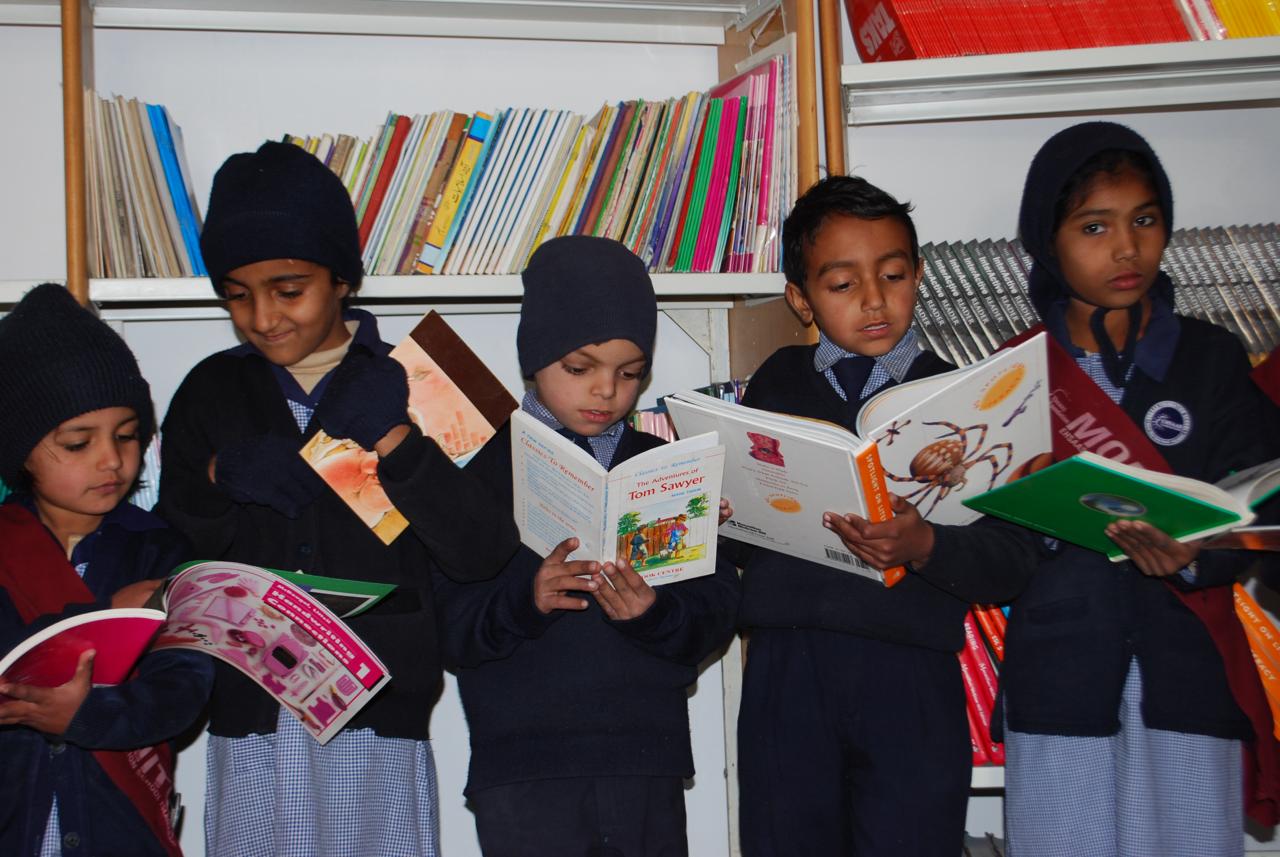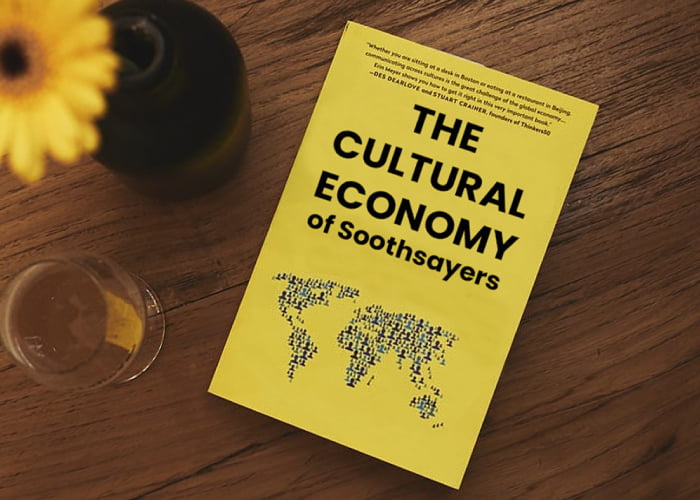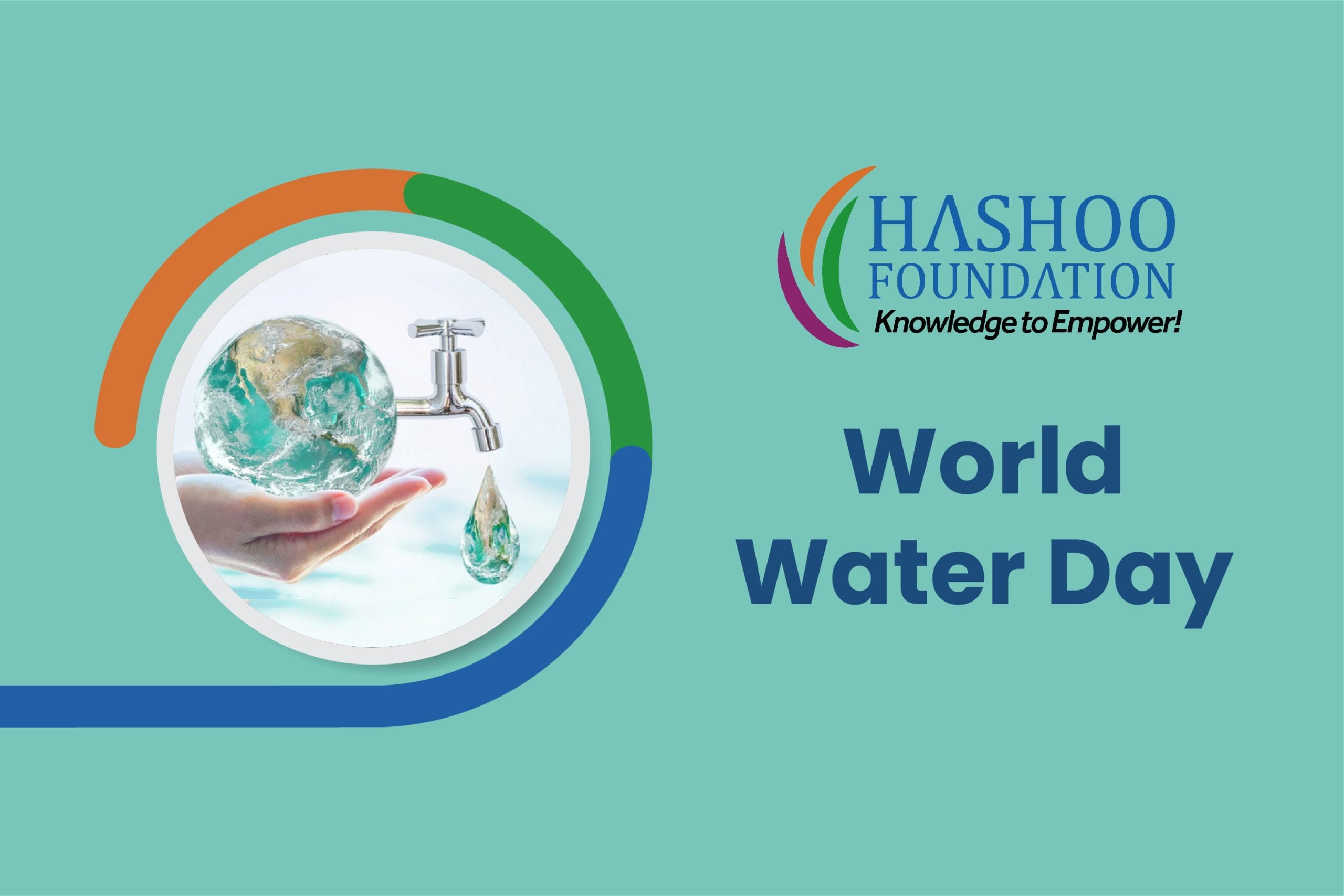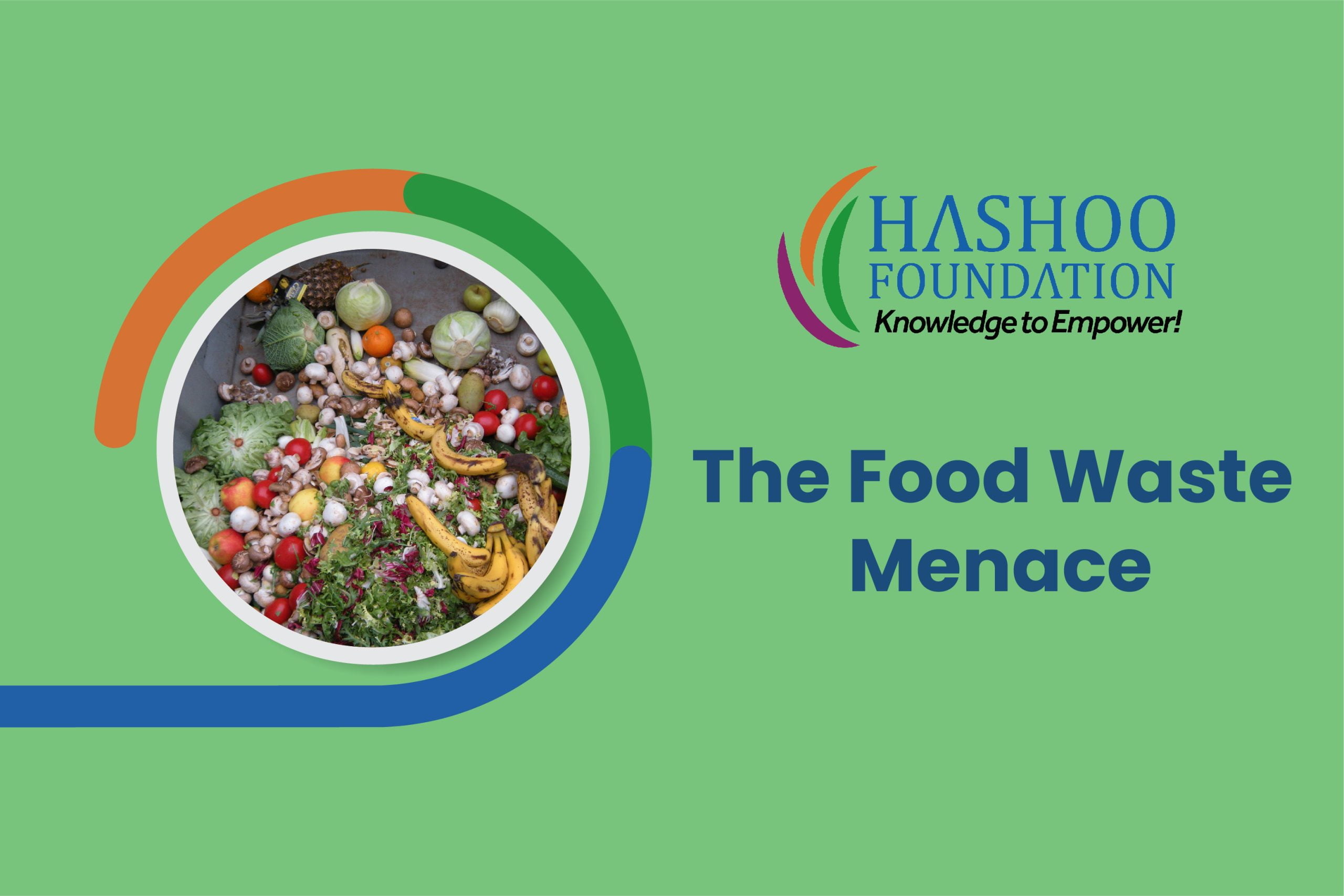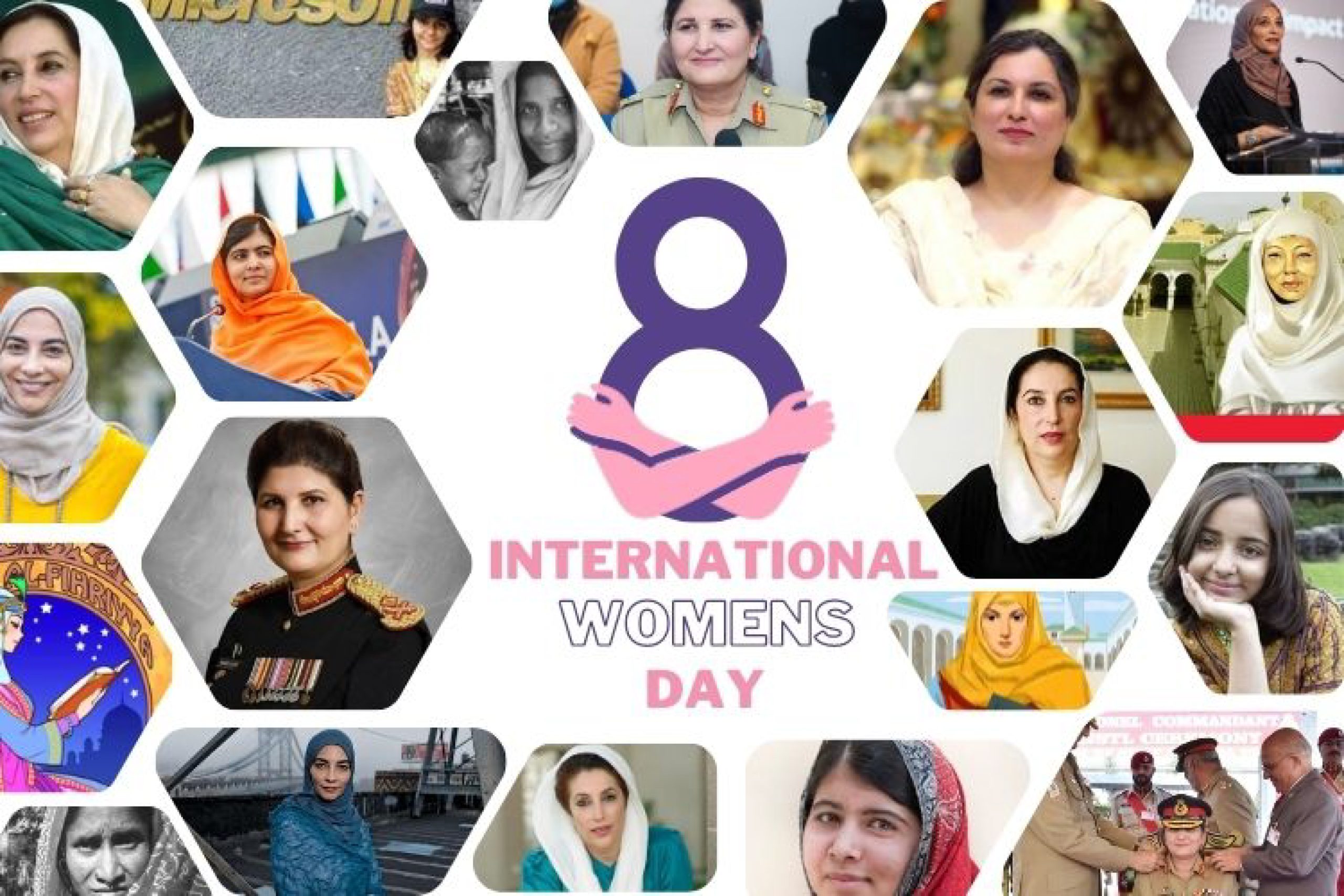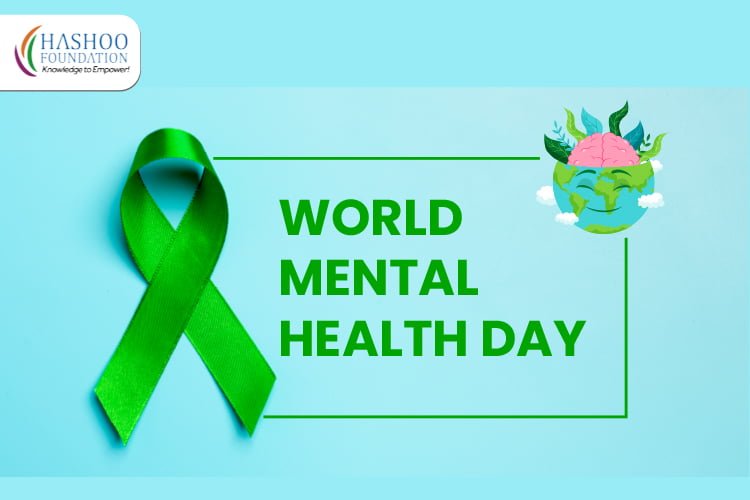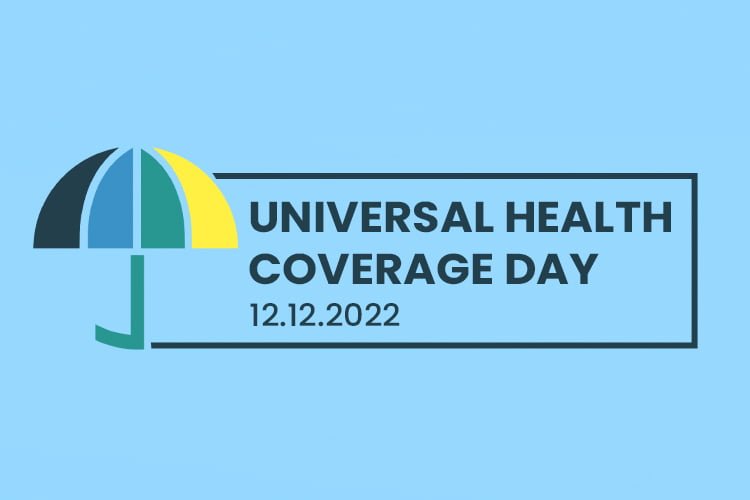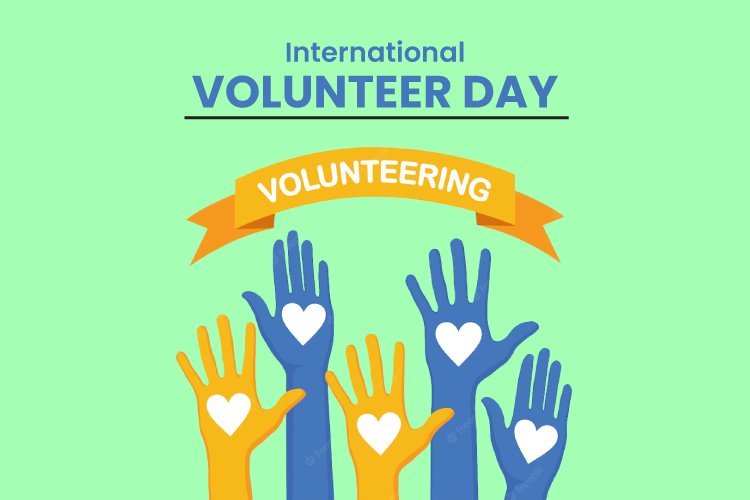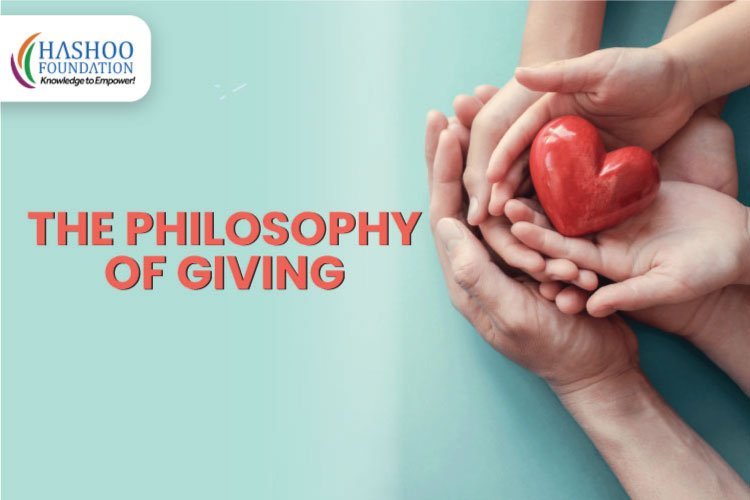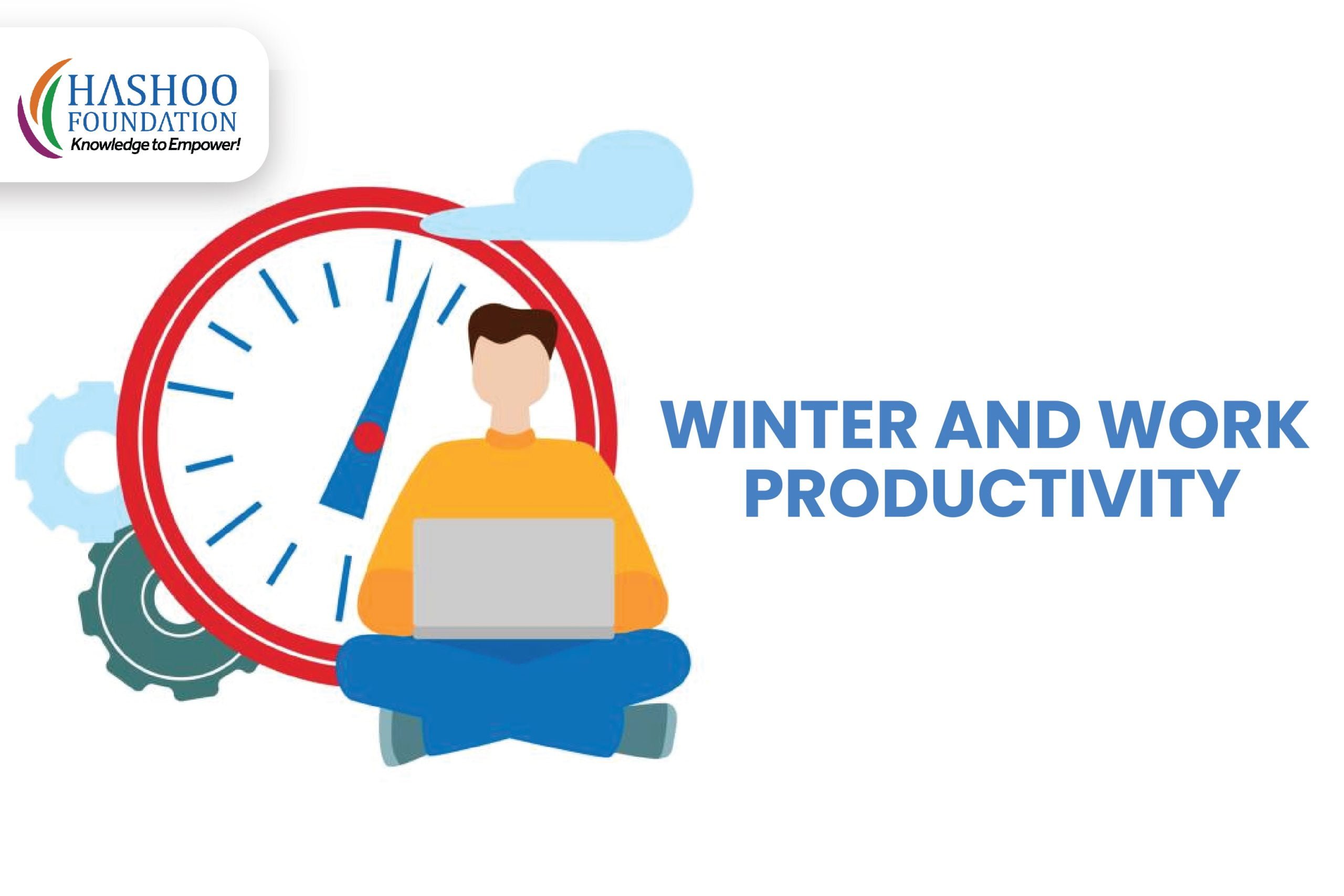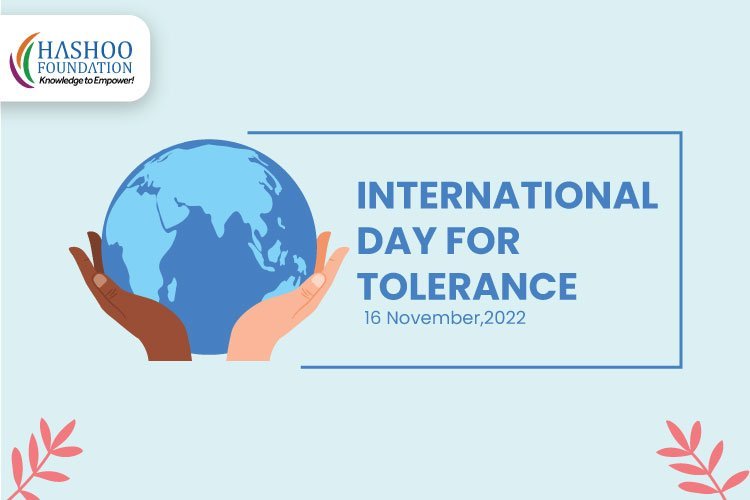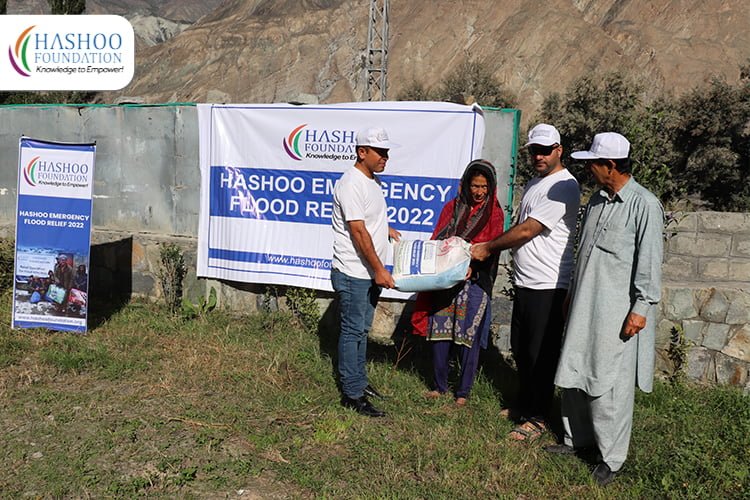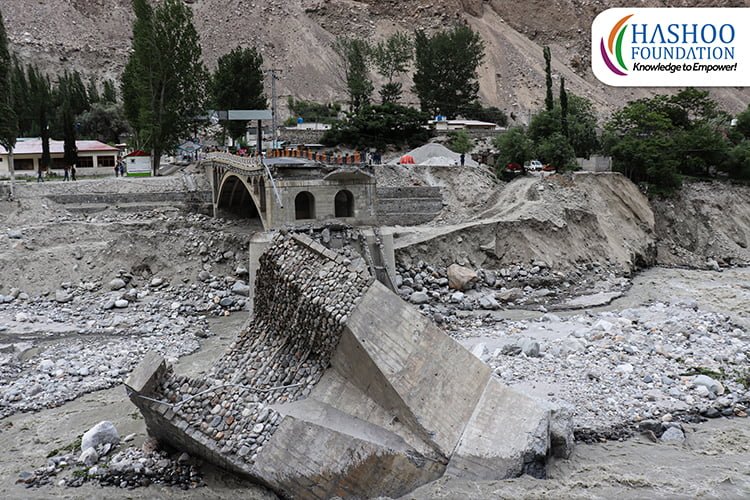Knowledge Base
1. HF Mandate
HF has re-positioned itself as a knowledge based and impact-oriented organition with the aim to leverage knowledge as a capital to bring about socio-economic change and uplift to communities.
As such our motto is “knowledge to empower”
Within the organizational structure, is the SSU that manages production and dissemination of knowledge products, research, policy input and advocacy. We aim to produce and share the wealth of knowledge to encourage people to make informed choices and act with the wisdom of experience without the commensurate risk that goes with self-experience. We engage a diverse selection of stakeholders from all walks of life and tackle a wide range of subjects pertaining to human and sustainable development.
2. The Knowledge Series Concept
Hashoo Foundation’s Knowledge Series concept was initiated by the Country Director in 2017, based on internal brainstorming discussion with the program team about enhancing outreach and the challenges faced by the development sector in Pakistan. This unique thought-provoking platform aims to leverage digital technology and spaces to Pakistan’s expertise and scholarship for the benefit of the youth and other groups. We invite scholars, experts, retired government officials and community elders to share their wealth of knowledge and experience to stimulate people for action or further research and development.
The Knowledge Series initiative facilitates knowledge production through webinars, documentaries, interviews, and roundtable discussions. The series rely on harnessing knowledge from national and global repositories and experiences from a diverse set of individuals and organizations. While the medium employed varies, the Knowledge Series sessions shed light on a wide range of topics and employ different techniques to produce and disseminate knowledge under the HF umbrella. This not only will lead to increasing the body of knowledge in a specific field but also will pave the way for a collective call-to action. The aim is to help how we, as a nation and individuals, use that knowledge or information and apply it for societal or self- improvement.
The Knowledge Series initiative aims to:
- Highlight existing HF historical experiences, achievements, and opportunities the Foundation provides.
- Share actionable knowledge add value to topics in currency and inform the public through advocacy and programs (child rights and gender/inclusion, climate change regenerative agriculture, etc.)
- Introduce Pakistan’s repertoire of senior professionals and dynamic youth stimulating positivity and social cohesion.
Some preliminary ideas and topics promoted include:
- Promoting the Cultural Economy
- Parliamentarians’s input on political affairs affecting developmental organizations.
- Covid’s effects MSMEs and possible mitigation measures.
- Social cohesion themes especially for youth.
- Securing Child rights, the public and private role.
- Nutrition and health and the link to human development
- Circular Economy – Solid waste management/ Plastic recycling etc. Tax reform and the common man
3. Knowledge Series Process
The Knowledge Series operationalization involves five phases:
3.1 Ideation
Brainstorming, discussing, and coming up with specific themes and topics for the Series. The following activities will be carried out during the Ideation phase of each Knowledge series:
3.2 Coordination
Once the topic and overarching theme have been decided, they are including in the event calendar and shared via social media.
3.3 Implementation
After coordination, communication and confirmation, guests are invited to speak briefly with a Q&A session. Everything is recorded for documentation and circulation purposes.
3.4 Dissemination
Once a specific event under the Knowledge Series has taken place, then dissemination takes place.
3.5 Follow Up
After the dissemination of information, there will be rigorous follow up with teams to ensure the Series feeds into other mechanisms of knowledge production and management at HF including write ups, advocacy measures, visibility to causes, and catalyzing programs.
4. Target Audience
- General Public/Social Media Audience
- Activists
- Policy Makers
- Other Development Sector Actors and influencers
5. Platforms
- Twitter
- LinkedIn
- YouTube
- Website
- Live Communications Platforms including Zoom and MS Teams
